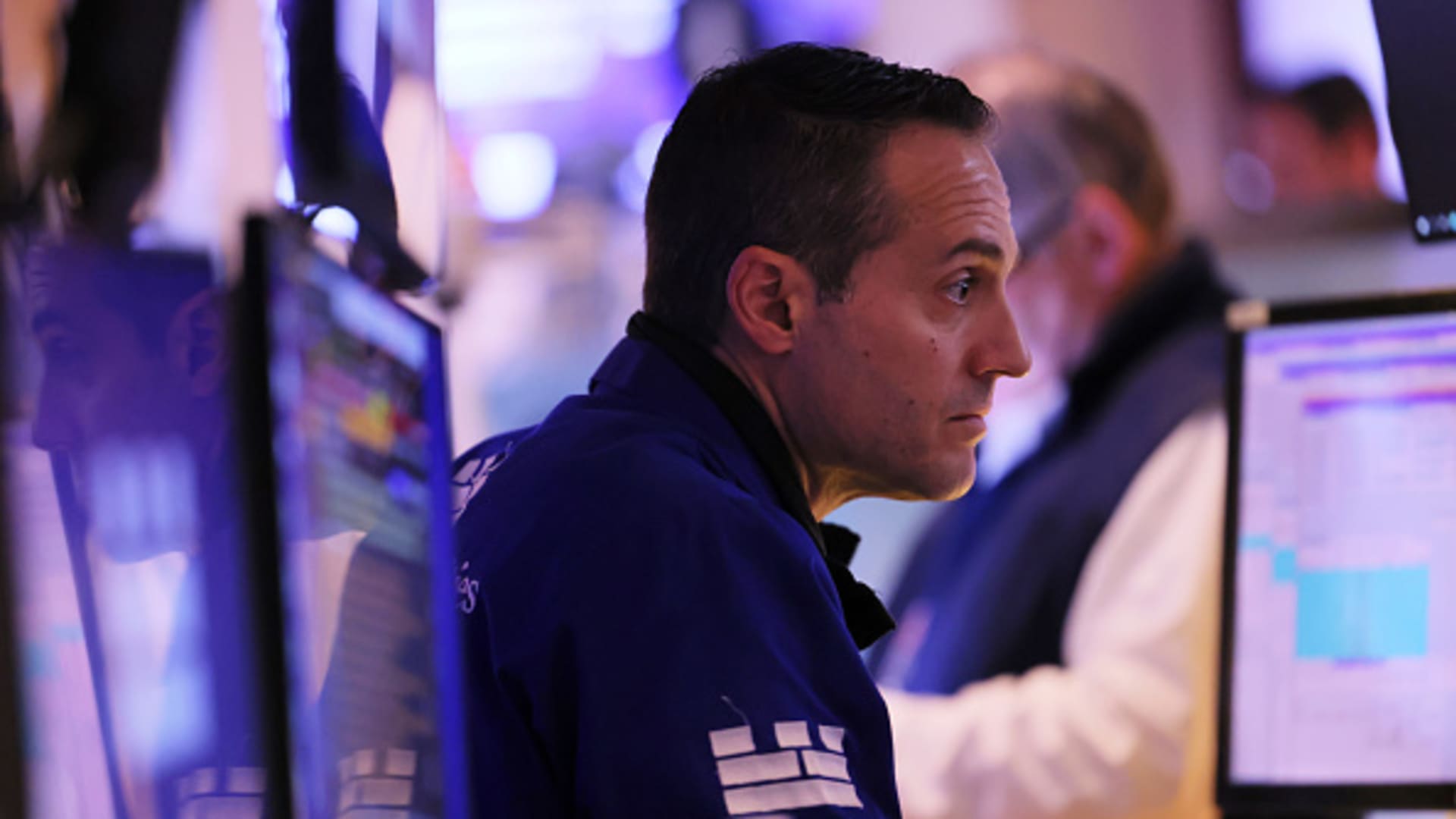
After a volatile few weeks for markets, Citi has added four new companies to its recommended stock lists: Waste Management , retailer Foot Locker , advertising firm Criteo and Ally Financial . Its large and small-and-mid-cap lists “reflect a combination of bottom-up analyst views, our sector/industry group preferences, and a more traditional stock selection overlay based on macro perspectives,” the bank said. Here’s what Citi said about each stock in an April 7 note by U.S. equity strategist Scott Chronert and colleagues: Waste Management The waste management services firm was added to Citi’s large-cap recommended stock list – the only addition in that category. Citi gave the stock a price target of $180, implying about 11% upside. The other three stocks were added to Citi’s small- and mid-cap stocks list. Criteo Citi’s analysts said they added this stock for communication services exposure and following management meetings which “underscore the turnaround in place for this retail media ad tech play.” The bank gave the stock a price target of $44, giving it almost 40% upside. Foot Locker Citi says this stock “aligns with current analyst preferences.” “New management, a low fundamental bar, and improving execution set up this addition,” the bank added. It gave the stock a price target of $50, implying about 23% upside. Ally Financial “Ally Financial (ALLY) is added following its recent price correction related ongoing recession/consumer credit fears. The related valuation compression provides an interesting longer term set up relative to well anticipated shorter-term headwinds,” the bank said. Warren Buffett’s Berkshire Hathaway has a nearly 10% stake in the U.S. auto and home lender. Citi gave it a price target of $45, or 71% potential upside. ‘Great defensive trade’ It comes as Citi’s Chronert told CNBC he still sees opportunities in some sectors, despite the market volatility. One he likes in particular in industrials, with Chronert saying there’s “a lot of resilience here in the longer term bull case.” Another favorite is energy, especially following the output cut by OPEC+ which lends a bit of “stability” to the sector, he said. On health care, Chronert said it had been a “great defensive trade,” and he was “pretty constructive going forward.” “So what we’re essentially arguing is for a breadth of exposure across traditional defensives, some economic sensitives and on the growth side, we’re pretty keen on the communication services sector. And then within tech, we’ve gotten more constructive on software versus semiconductors,” he told CNBC’s “Street Signs Asia.”
